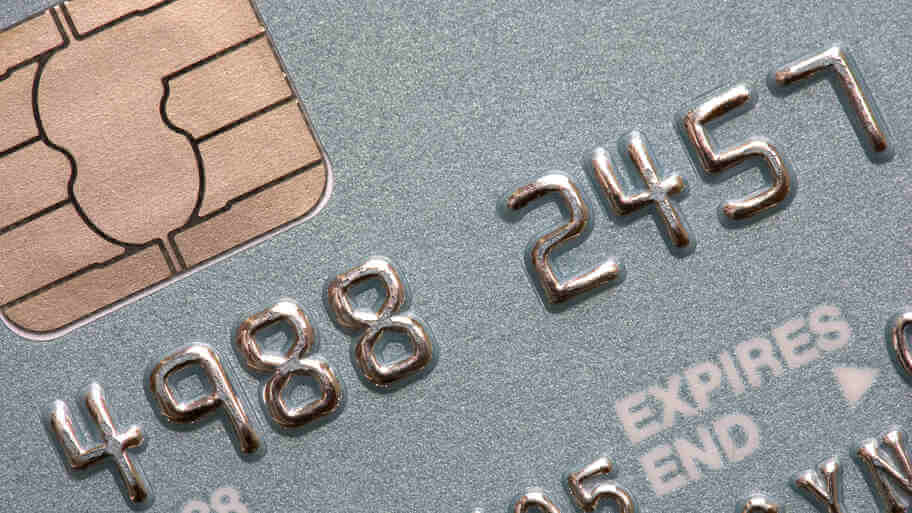Back in the 1980s, it was possible to deduct credit card interest from your taxes for pretty much any reason, even for business credit card interest. People were taking advantage of this to run up greater credit card debt, and investors would use it to reduce their costs for speculating since they could claim the interest as a deductible.
However, that has not been the case for some time. Now, there are strict limits as to what can and cannot be used as tax deductibles.
Fortunately, business expenses are still eligible for this benefit, as long as the proper requirements are met.
Deduction Guidelines
The main stipulation for business credit card interest deductions is that the accrued debt was used specifically for business items that are necessary and normal for business use.
It is when items are for personal use that the IRS puts up a roadblock. If items are for both business and personal use, you may be able to get a partial reprieve on the interest, but for maximum success, it needs to be an item that is strictly business only.
That doesn’t mean that you have to make the purchases on a business card; you can still use a personal card for those purposes. It’s not the card that’s important; it’s the purpose.
However, to simplify your organization, you may want to specify a particular card only for business-specific purposes, which will make it easier for you to track which purchases are eligible for the deduction and which ones are not. Having them mixed can cause confusion for you and your records.
In order to take advantage of these deduction benefits, you must be personally liable for the debt. You can’t use someone else’s card as that becomes another person’s debt.
You may be wondering, is a business credit card annual fee tax-deductible?
The answer to this is actually yes!
Here are some other types of business expenses that you may deduct:
-
-
- Finance charges
- Late fees
- Monthly fees
- Credit card processing fees
- And more as long as they are specifically business expenses
-
You may wonder how to deduct credit card processing fees, as those types of charges can be complex. The major obstacle is that you need to keep accurate records yourself because, while you receive a 1099-K form (as does the IRS), these processing fees are not recorded.
Therefore, have meticulous records and report them as miscellaneous fees, described as Credit Card Processing Fees.
When to Deduct
You may wonder whether you can claim a deduction on the interest you haven’t paid yet, as credit card debt can stretch out for months. This is actually a possibility, but it depends on your accounting style.
One accounting method is the accrual method, and due to the nature of this style, you can make some claims in this manner. If it’s a qualifying debt that you are liable for at the end of the year, you can claim it even if you pay it in January of the next year.
If your accounting style is a cash-based program, meaning your system is based on what is actually paid, then this is not a possibility.
Card Comparison
How Interest Rate Works
Now that you know you can in fact deduct interest from your taxes for business credit card expenses, the next step is to figure out which card will provide you the greatest value.
First, you need to understand how interest works.
If the annual interest rate on a credit card is 16.99 percent, this interest accrues on a daily basis for the billing cycle at a rate of %0.05 a day. Now, if you have a balance of $100, that means on the first day, it will become $100.05. On the next day, the %0.05 percent will be charged on your new balance, making it $100.10, and so on until the end of your billing cycle.
Purchasing any new items on that card adds that to the balance, and the percentage will consider the balance with the added charges for each day.
Fortunately, there are credit card calculators to help you piece this together with minimal fuss.
Best Credit Cards of February 2026
Features to Compare with Business Cards
-
-
-
-
- Introductory APR discounts
- Whether it allows balance transfers
- Variable vs. fixed regular APR rates
- Rewards programs
- Annual fees
- Penalties
-
-
-
A lot of what makes a business card the best for you depends on how you intend to use it and how often you will use it.
If you know that you can pay off the payments every month, a rewards card can provide a lot of benefits and money-back opportunities for you.
A 0-APR or low-APR rate for a beginning business may help you get off the ground, but make sure to look at what the rates will be after that period ends and whether you believe it will be manageable for your business.
Even though you can deduct interest fees from your taxes, that doesn’t mean you should go wild with interest — you will have to be able to handle those fees upfront and, you want your business to be profitable and secure.
Warnings
Make sure that you investigate each card thoroughly. Not just the initial APR, but down the line, too.
Exorbitant Second Year APR Rates
Due to a new law that caps APR interest rates at 25% of the minimum limit but doesn’t specify anything beyond the first year, some banks are offering fantastic-looking fees for the first year which then raise to an astonishing credit card 79.9 interest percentage rate for following years! Yikes!
Additional Interest Rates
Be wary of extra interest fees which may show up unexpectedly. For example, Standard Chartered Credit Card interest will add a secondary interest rate if you fail to pay a monthly transaction or if you provide only a partial payment.
This bank will carry that amount over to your total balance and access a secondary fee to this amount.
As with anything, make sure you weigh the pros and cons of each card before making a decision. Make sure to always read the fine print.
Featured Image: Megapixl








